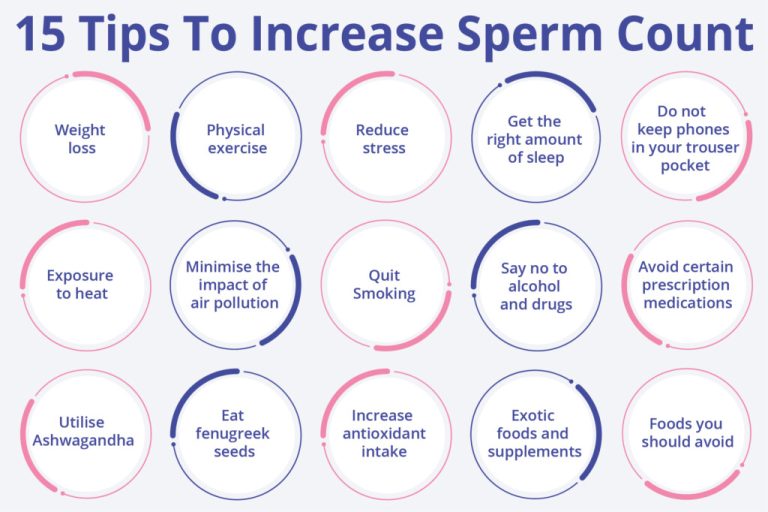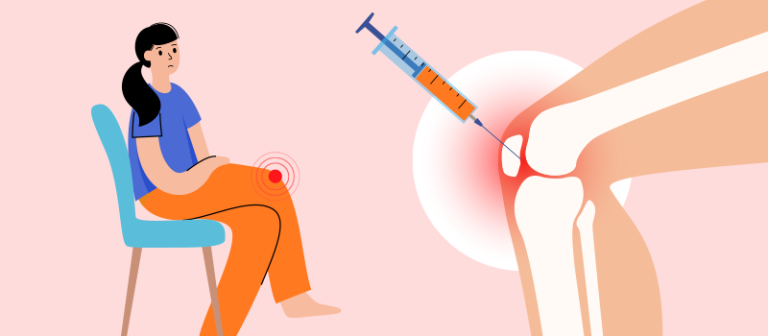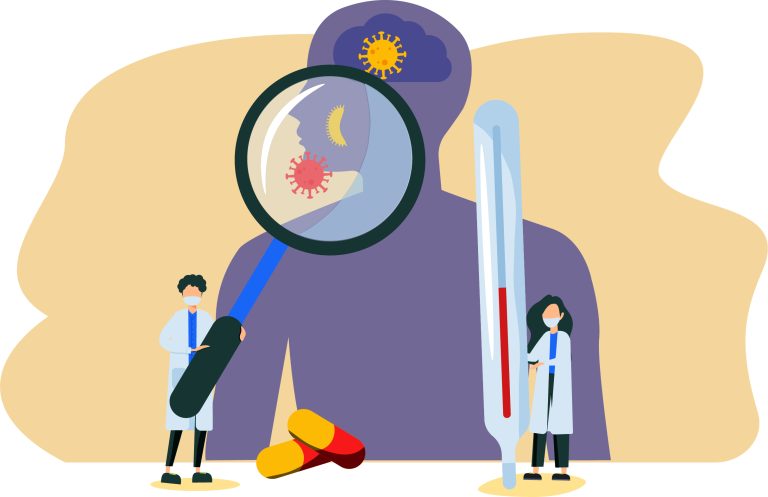What Happens If You Stop Taking Steroids Suddenly?
For athletes and bodybuilders, steroids can seem like a shortcut to gain muscle mass and improve performance. However, using steroids…
For athletes and bodybuilders, steroids can seem like a shortcut to gain muscle mass and improve performance. However, using steroids comes with potential risks and side effects. One of the biggest concerns is what happens when you suddenly stop taking steroids.
In this article, we will explore the potential consequences of stopping steroid use abruptly. We will discuss the physical and psychological effects that can occur, as well as the best practices for safely tapering off steroid use. Whether you are a seasoned steroid user or considering using them for the first time, this information is essential to understand.

What Happens If You Stop Taking Steroids Suddenly?
Steroids are a type of medication that can be used to treat a variety of medical conditions, such as asthma, arthritis, and inflammatory bowel disease. However, some people use steroids for non-medical reasons, such as to enhance their athletic performance or to improve their physical appearance. If you have been taking steroids for a prolonged period, suddenly stopping can have severe consequences. In this article, we will explore what happens if you stop taking steroids suddenly.
1. Withdrawal Symptoms
Steroids can cause physical dependence, which means that your body adapts to the presence of the drug and requires it to function normally. When you suddenly stop taking steroids, your body can go into withdrawal, which can cause a range of symptoms, including:
- fatigue
- muscle pain and stiffness
- decreased appetite
- nausea and vomiting
- diarrhea
- insomnia
- depression and anxiety
These symptoms can be severe and can last for several weeks or even months.
2. Hormonal Imbalance
Steroids can also affect the hormones in your body, particularly cortisol, which is a hormone that helps regulate your metabolism and immune system. When you take steroids, your body stops producing its own cortisol because it thinks it doesn’t need to. If you suddenly stop taking steroids, your body can be left without enough cortisol, which can cause a range of symptoms, including:
- fatigue
- muscle weakness
- weight loss
- low blood pressure
- nausea and vomiting
- dizziness
3. Adrenal Insufficiency
If you have been taking steroids for a prolonged period, your adrenal glands, which are responsible for producing cortisol, can become suppressed. When you suddenly stop taking steroids, your adrenal glands may not be able to produce enough cortisol to meet your body’s needs. This condition is known as adrenal insufficiency, and it can be life-threatening if not treated promptly. Symptoms of adrenal insufficiency include:
- fatigue
- muscle weakness
- weight loss
- low blood pressure
- nausea and vomiting
- dizziness
4. Increased Risk of Infection
Steroids can suppress your immune system, which can make you more susceptible to infections. If you suddenly stop taking steroids, your immune system can go into overdrive, which can cause inflammation and increase your risk of infections. This can be particularly dangerous if you have a medical condition that weakens your immune system, such as HIV or cancer.
5. Rebound Inflammation
If you have been taking steroids to treat inflammation, suddenly stopping can cause a rebound effect, where the inflammation returns and may be worse than before. This can be particularly dangerous if you have a medical condition that requires ongoing treatment with steroids, such as asthma or inflammatory bowel disease.
6. Cardiovascular Problems
Steroids can affect your cardiovascular system, particularly your cholesterol levels. When you take steroids, your levels of “bad” cholesterol (LDL) can increase, while your levels of “good” cholesterol (HDL) can decrease. If you suddenly stop taking steroids, your cholesterol levels can become imbalanced, which can increase your risk of cardiovascular problems, such as heart attacks and strokes.
7. Mood Changes
Steroids can affect your mood and behavior, particularly if you have been taking them for a prolonged period. When you suddenly stop taking steroids, you may experience mood changes, such as depression, anxiety, and irritability. These symptoms can be severe and may require medical treatment.
8. Muscle Loss
Steroids can help build muscle mass, particularly in athletes and bodybuilders. When you stop taking steroids, your body may lose muscle mass, which can be particularly noticeable if you have been using steroids to enhance your physical appearance. This can be frustrating and may require a different approach to your fitness routine.
9. Bone Loss
Steroids can also affect your bone density, particularly if you have been taking them for a prolonged period. When you stop taking steroids, your bone density may decrease, which can increase your risk of osteoporosis and fractures. This can be particularly dangerous if you are older or have a medical condition that already weakens your bones.
10. Importance of Tapering
If you have been taking steroids for a prolonged period, it is essential to taper off the medication gradually. Tapering means reducing the dose of steroids slowly over several weeks or months to allow your body to adjust gradually. This can help minimize the risk of withdrawal symptoms, hormonal imbalances, adrenal insufficiency, and other complications.
In conclusion, stopping steroids suddenly can have severe consequences, including withdrawal symptoms, hormonal imbalances, adrenal insufficiency, increased risk of infection, rebound inflammation, cardiovascular problems, mood changes, muscle loss, and bone loss. If you need to stop taking steroids, it is essential to do so under the guidance of a healthcare professional and to taper off the medication gradually.
Frequently Asked Questions:
Here are some common questions related to the effects of stopping steroid use suddenly.
1. What are steroids and why are they used?
Steroids are synthetic drugs that mimic the effects of the hormone testosterone in the body. They are commonly used to treat medical conditions such as delayed puberty, muscle wasting in patients with AIDS, and certain types of anemia. Steroids are also used by athletes and bodybuilders to increase muscle mass and improve athletic performance.
However, the use of steroids can also have negative side effects, such as mood swings, acne, and high blood pressure. In addition, prolonged use of steroids can lead to dependence and withdrawal symptoms when the drug is suddenly discontinued.
2. What happens if you stop taking steroids suddenly?
If you stop taking steroids suddenly, you may experience withdrawal symptoms such as fatigue, weakness, decreased appetite, weight loss, and nausea. These symptoms can be mild or severe depending on the duration and dosage of steroid use.
In addition, sudden withdrawal of steroids can also lead to adrenal insufficiency, a condition in which the body is unable to produce enough cortisol to cope with stress. This can cause symptoms such as low blood pressure, dizziness, and even coma in severe cases.
3. How can you safely stop taking steroids?
If you have been taking steroids for a prolonged period, it is important to gradually reduce the dosage over several weeks or months to prevent withdrawal symptoms and adrenal insufficiency. Your doctor can provide guidance on how to safely taper off steroids and monitor any potential side effects.
It is also important to maintain a healthy lifestyle with regular exercise, a balanced diet, and adequate sleep while discontinuing steroid use to minimize the risk of rebound weight gain or other negative effects.
4. Can stopping steroids suddenly cause depression?
Sudden withdrawal of steroids can cause mood swings and irritability, which may contribute to feelings of depression. However, there is no clear evidence that stopping steroids suddenly can directly cause clinical depression, a serious mental health condition.
If you are experiencing symptoms of depression, it is important to talk to your doctor or a mental health professional for appropriate evaluation and treatment.
5. Are there any supplements or medications that can help with steroid withdrawal?
There are no specific supplements or medications that can completely eliminate the symptoms of steroid withdrawal. However, some medications such as antidepressants or anti-anxiety drugs may be prescribed to help manage mood swings or anxiety during the withdrawal process.
In addition, some natural supplements such as omega-3 fatty acids or melatonin may help improve sleep quality and reduce inflammation in the body. However, it is important to talk to your doctor before taking any supplements or medications to ensure their safety and effectiveness.
Can adrenal insufficiency occur when dexamethasone treatment is abruptly stopped?
In conclusion, stopping steroid use suddenly can have many negative effects on the body. When you abruptly stop taking steroids, you may experience withdrawal symptoms. These symptoms can be both physical and mental, and can include mood swings, depression, fatigue, and muscle weakness. It is important to consult with a medical professional before discontinuing steroid use.
In addition to the potential withdrawal symptoms, sudden steroid cessation can also lead to serious health complications. For example, stopping steroid use abruptly can cause a sudden drop in hormone levels, which can lead to adrenal insufficiency. This condition can be life-threatening, so it is important to gradually taper off steroid use under medical supervision.
Overall, stopping steroids suddenly can have serious consequences for your health. If you are considering discontinuing steroid use, it is important to seek guidance from a medical professional to ensure a safe and healthy transition. By doing so, you can avoid potential withdrawal symptoms and serious health complications.







